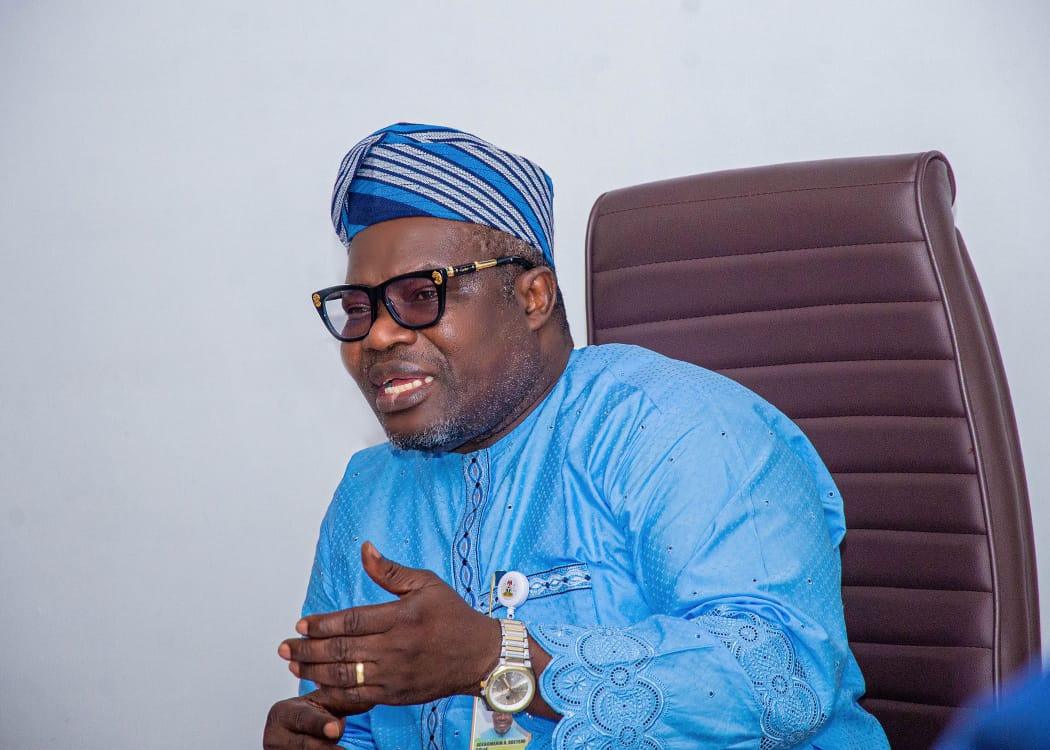The Surveyor-General of the Federation (SGOF), Abduganiyu Adeyemi Adebomehin, who disclosed why the Federal Government has decided to embark on the remapping of the country after 50 years.
This is as he said the exercise will strengthen national planning, improve infrastructure delivery, and enhance good governance in the country.
Adebomehin made this disclosure in an exclusive interview with The Nation following his recent two-year tenure extension.
He said the initiative is one of his top priorities as he continues to lead the Office of the Surveyor-General of the Federation (OSGOF).
Surveyor-General stated that the new exercise will bring Nigeria in line with the United Nations’ recommendation that all cities of the world should be periodically remapped to reflect development changes and population growth.
Adebomehin explained that the mapping project will directly support President Bola Tinubu’s Renewed Hope Agenda by providing accurate, data-driven insights to guide investment decisions, urban development, and infrastructure planning.
He pointed out that up-to-date geospatial data is the foundation of sustainable development and that the project would reposition OSGOF as a central player in Nigeria’s development process.
According to him, the National Geospatial Data Infrastructure (NGDI) will serve as the backbone of the remapping effort.
The NGDI, he said, will act as a central digital repository where information such as the location of schools, hospitals, markets, farms, and industrial sites across the country can be stored and accessed easily by government agencies, private sector players, and researchers.
Adebomehin noted that Nigeria’s last comprehensive mapping exercise was carried out in the 1970s. He pointed out that the country’s physical landscape has changed drastically since then due to rapid urbanization, population expansion, and new infrastructure development.
The Surveyor-General maintained that remapping will not only capture these changes, but also help define national and international boundaries more accurately. Particularly, with neighbouring countries such as Cameroon, Benin Republic and Niger.
He emphasized that the mapping project would rely on modern geospatial technologies and digital systems to ensure accuracy and accessibility.
According to him, mapping remains the foundation of every form of development. This is because it informs policy design, infrastructure delivery, environmental management, and security operations,” he said.
